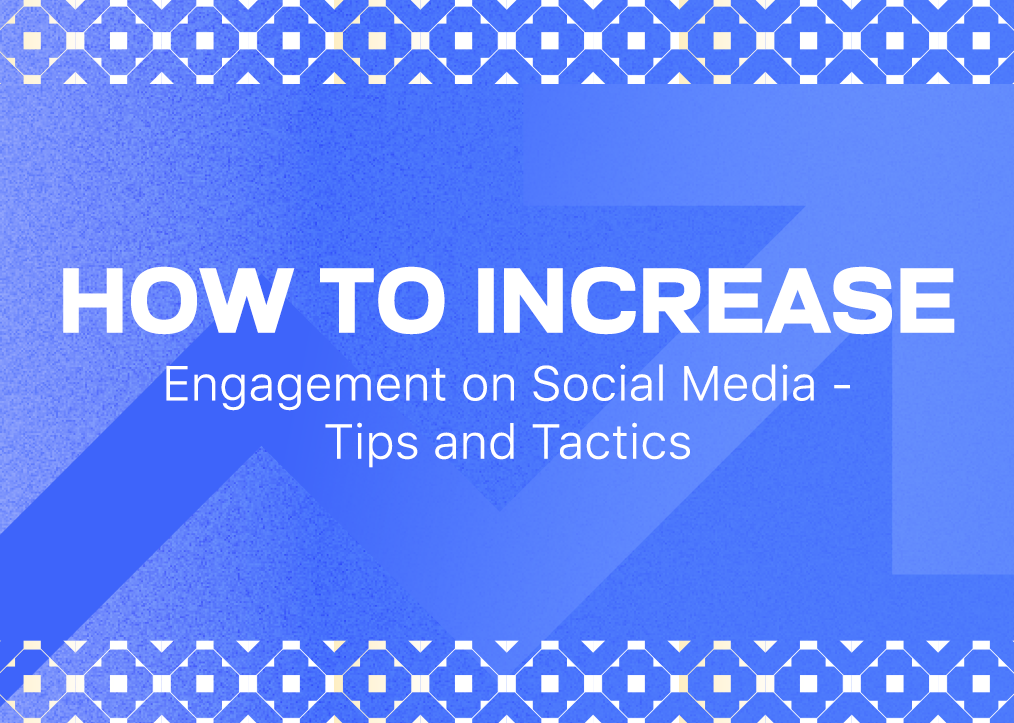Welcome to the world of SEO optimization! Understanding your website’s SEO effectiveness is critical in today’s digital environment. Every website owner wants to appear higher in search results, yet many struggle to analyze their SEO performance effectively.
This guide will show you practical ways to assess your website’s search engine ranking. You will learn how to identify the most critical metrics. You will also learn how to improve your rankings using actionable strategies. Whether you are a novice or an expert, this book will help you succeed. Let us explore the tactics that can help you improve your SEO game.
Understanding SEO Performance
SEO performance indicates how well your website ranks in search engines. It measures site visibility to visitors. Consider it your website’s search engine report.
SEO helps your site attract more organic visitors and meet search engine requirements. Key factors are keyword ranks and organic CTR.
Website loading speed impacts SEO. Mobile-friendliness is key. With better SEO, more users find your site. Regular monitoring ensures sustained improvements.
Understanding these foundations improves optimization decisions. Explore how to quantify these factors successfully. KPIs include:
Organic Traffic
Traffic from search engines shows your content’s reach. More organic visitors mean better search visibility. This metric directly reflects your SEO success.
Bounce Rate
A high bounce rate can signal content problems. It tells you if visitors find what they’re looking for. Ideal bounce rates vary by industry and page type.
Conversion Rate
This shows how well your site meets business goals. Higher conversion rates mean better audience targeting, and it helps measure ROI from SEO efforts.
Keyword Rankings
These indicate your visibility for specific searches. Better rankings lead to more organic traffic. Track rankings to measure SEO progress over time.
Remember to analyze these metrics together, not in isolation. They work as pieces of your overall SEO performance puzzle. Regular monitoring helps spot trends and opportunities.
Analysing SEO Performance
Analysing SEO performance entails monitoring your website’s search engine rankings. This technique helps you identify successes and failures and boost your internet exposure.
Conduct an SEO Audit
SEO audits act as a website health check, helping identify and fix potential flaws.
On-Page SEO
Look at your title tags—are they compelling? Check if meta descriptions describe your content well. Make sure header tags organize your content logically. Verify that keywords appear naturally throughout your text.
Technical SEO
Test if your pages load quickly (under 3 seconds is ideal). Your site should work on phones and tablets. Check your updated XML sitemap. Check that your URLs are clean and descriptive.
Content Quality
Your content must offer real value to visitors. It should answer their questions. Fresh, original writing performs better than copied material.
Utilize Analytical Tools
The right tools make SEO analysis easier, more accurate, and more effective.
Google Analytics
It shows you where your visitors come from and what they do. You can see which pages attract organic traffic. It reveals whether visitors take desired actions, like signing up or buying.
Google Search Console
It helps you understand how Google sees your site. It shows which keywords bring visitors to you. You can spot any crawling problems Google encounters.
SEO Software
Tools like SEMrush analyze your backlink profile – who’s linking to you and why? They help you see what competitors are doing right. They also suggest keywords you might be missing.
How to Improve SEO
After analyzing your site’s performance, make strategic changes to raise your ranks. These improvements will enhance your search rankings and increase traffic.
Optimize On-Page Elements
Page content and HTML are refined during this period. These features tell search engines what your pages are about. With good optimization, Google can better match your content with relevant queries.
Title Tags and Meta Descriptions
Write titles that include your target keyword and grab attention. Keep meta descriptions under 160 characters and make them compelling enough to click.
Header Tags
Use H1 for your main title only. Use H2s and H3s to divide the information into parts and subsections. This kind of content organization benefits both humans and search engines.
Keyword Optimization
Place your main keyword in the first 100 words. Include related terms naturally throughout your content. Don’t force keywords where they don’t belong.
Enhance Technical SEO
Technical SEO enhances website infrastructure. These background factors affect search engine crawling and indexing. Good technical SEO underpins all optimization efforts.
Improve Site Speed
Compress images before uploading them. Remove unnecessary code. Set up browser caching to make repeat visits faster.
Ensure Mobile-Friendliness
Test your site on different devices. Make buttons large enough to be quick and easy to use. Ensure text is readable without zooming.
Fix Crawl Errors
Check the Search Console monthly for crawl issues. Fix broken links promptly. Update your robots.txt file when needed.
Develop High-Quality Content
Content drives SEO success. High-quality content engages users and influences other sites to link to you. It shows your competence and promotes user and search engine trust.
Regular Updates
Publish new content weekly. Update old content with fresh information. Remove outdated material.
Use Multimedia
Add relevant images to break up text. Create simple videos explaining complex topics—design infographics for data-heavy information.
Internal Linking
Link to your most important pages from your homepage. Connect related articles. Use descriptive anchor text.
Build Quality Backlinks
Backlinks act as votes of confidence from other websites. They signal to search engines that others find your content valuable enough to reference. Quality backlinks from relevant, authoritative sites remain among the most substantial ranking factors.
Guest Blogging
Find respected sites in your field. Pitch unique content ideas. Include a relevant link back to your site.
Influencer Outreach
Follow industry leaders on social media. Share their content by befriending favors and offering value before requesting links.
Monitor Backlinks
Check your backlink profile monthly. Remove links from spammy sites. Focus on quality over quantity.
Monitoring and Adjusting Your SEO Strategy
SEO is an ongoing process. After implementation, regular tracking and adaptation are essential.
Track KPIs
Measuring your performance helps identify what’s working and what needs improvement. Focus on these key metrics:
- Organic Traffic: Monitor how many visitors come from search engines each month.
- Keyword Rankings: Track position changes for your target keywords.
- Conversion Rate: Measure how many visitors complete desired actions.
- Bounce Rate: Watch if visitors quickly leave or engage with your content.
- Page Load Time: Keep an eye on speed as it affects rankings and user experience.
Set up monthly reporting to spot trends. Compare current performance against previous periods to measure progress.
Stay Updated
Search engines constantly evolve their algorithms. What works today might not work tomorrow:
- Follow Industry Blogs: Read sites like Search Engine Journal and Moz regularly.
- Join SEO Communities: Participate in forums where professionals share insights.
- Watch Google Announcements: Pay attention to official Google updates.
- Test New Approaches: Experiment with emerging tactics on less critical pages first.
Algorithm updates can cause ranking fluctuations. Understanding these changes helps you respond appropriately.
Continuous Improvement
SEO is never finished. The digital landscape changes constantly:
- Conduct Quarterly Audits: Regularly review your entire SEO strategy.
- Refine Content: Update older posts with fresh information and better keywords.
- Test and Learn: Try different title formats, content lengths, and publishing schedules.
- Analyze Competitors: Monitor what’s working for others in your industry.
- Gather User Feedback: Pay attention to how visitors interact with your site.
Minor, consistent improvements often yield better results than significant overhauls. Make data-driven decisions rather than chasing every new trend.
Conclusion
SEO analysis is an ongoing journey, not a destination. Check your website’s performance regularly. This helps you make smarter decisions about improvements.
Good SEO combines several key elements. You need thorough audits, the right analytical tools, well-optimized pages, technical aspects that matter, and quality content that remains essential. And don’t forget about building strong backlinks.
The best SEO strategies change with the times. Keep watching those metrics, stay updated on industry news, and consistently make minor improvements.
Remember, SEO isn’t just for search engines. It’s for your visitors, too. Focus on creating value, and the rankings will follow naturally.
Now it’s your turn. Start using these practices today. Be patient and persistent. Your website will climb higher in search results, and more of your target audience will find you.







